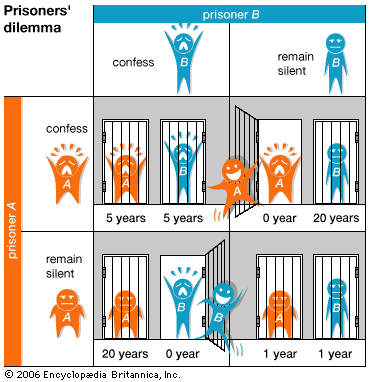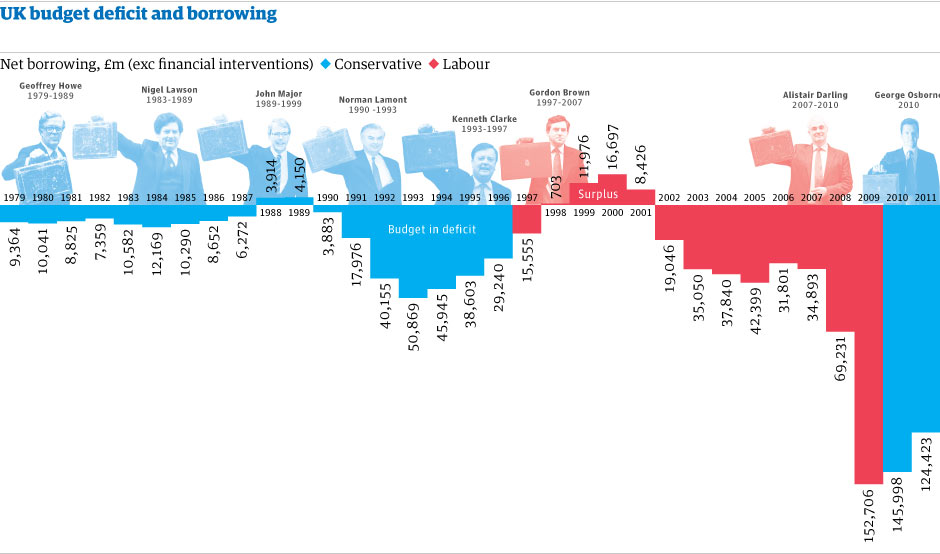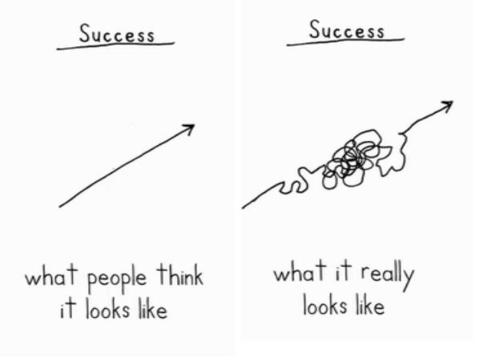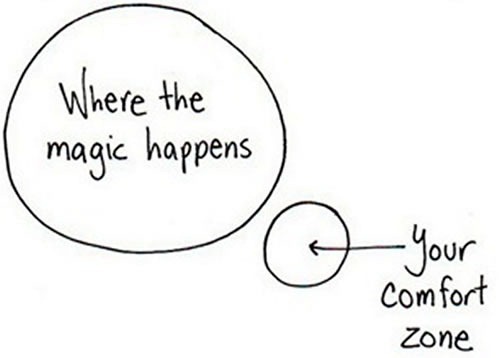A few minutes' drive from Newcastle central station, at the end of a mile-long, tree-lined avenue, the National Trust's newest acquisition rises dramatically from sweeping lawns against a ragged Northumbrian sky. Designed by Sir John Vanbrugh, architect of Blenheim Palace and Castle Howard, Seaton Delaval Hall was completed in 1731 and, though badly damaged by fire in 1822, retains all its stark splendour. In the view of most experts, it is probably the finest surviving example of the English Baroque.
We know the National Trust, don't we? At least, we think we do. It occupies a place in our national consciousness roughly akin to that of the BBC: uniquely British, a treasured national institution without which the nation would be infinitely the poorer; broadly speaking a Good Thing. Astonishingly, some 3.8 million of us (up 300,000 in the last three years) pay its annual membership fees of between £35.63 for a single adult to £61.50 for a family, and 55,000 of us volunteer in the 600,000 acres of countryside, 700 miles of coastline and 350-plus historic houses and gardens that it presides over for, in the words of its founder Octavia Hill, "the everlasting delight of the people". Last year, we visited those properties just under 15m times (18% more often than in 2008); we breathed the fresh air of the trust's open spaces more than 100m times.
But that doesn't stop us having a go at it, of course:
exclusive, elitist, samey, paternalistic, look-but-don't-touch, corporate, bureaucratic, over-centralised, too little imagination, too much top-down, not enough bottom-up.
"Walk into any National Trust property in the country," its critics cry, "and you could be in any National Trust property in the country." For Tim Smit, creator of the Eden Project, it "peddles comfy nostalgia" and "nurtures a perception that the past was a better place". It's an aristocrats' appreciation society; a playground for the middle-aged middle class. (Those are the critics on the left. On the right, some feel the trust has already dumbed down so much it has debased all it's supposed to be about. There's not much to be done about them, I fear.)
But all this makes
what the trust is doing at Seaton Delaval, the testbed for a radical new strategy it will unveil at a press conference in London this morning, quite interesting. For starters, says Jane Blackburn, a newcomer on the regional committee, the acquisition itself was unique: it came about only after the trust had consulted 100,000 people, and when locals had, in six months, in the teeth of a recession, raised nearly £1m of the £3m the organisation needed to find. And this was, she says, "in a part of the country that is not, frankly, one of the wealthiest, and most of whom have never visited a trust property, let alone joined". In all, more than 11,000 local people came to four very un-trust fundraising events that they themselves organised: cows were auctioned, a teenage girl gave up her mobile phone for a week and donated the money she'd saved, collection boxes were placed in every local pub and cafe.
"The trust knows it is Organisation A," says Blackburn.
"It wants to become Organisation B.
This is the property that will help it get there. Right from the start, the approach here was different." The difference, says Susan Dungworth, a plain-speaking local councillor and one of the Seaton valley residents most passionate about the project, was that "the National Trust didn't come here and say it wanted to make Seaton Delaval a major attraction. It didn't say, this is our finest piece of 18th-century architecture, and here's what we're doing with it. It said,
we want this place to be a local resource; serve the community. Of course I was wary to start with: I thought it was just a way for them to raise more money, and they'd go back to doing things the way they normally do. So far, they haven't."
'A cultural revolution for the trust'
According to its strategy document, the Going Local programme will require nothing less than "a cultural revolution for the trust", "a new mindset and a new way of working". Yet it is essential, the organisation reckons, if it is to shake off the perception that "we are some sort of exclusive club for connoisseurs". In an objective dear to the heart of its outspoken chairman, the writer and commentator Simon Jenkins, the trust concedes it must "loosen up", "bring places more to life". Above all, it says,
it needs to "put all our properties, built or natural, back at the centre of today's communities," fostering "local pride and a genuine sense of belonging".
So far, so spirit of the age. What might this mean in practice? Among other ideas, the group plans to breathe new life into several of the hall's other rooms, turning one, for example, into an After the Party zone complete with cast-off coats, half-filled glasses and the lingering odours of wine and pipe smoke. There will be fireplaces with blazing log fires and sitting rooms you can actually sit in, on period furniture (though maybe not the Chippendale). There will be dressing-up in the east wing, a fantastical lumber room of hats, swords, crackling old 78s and black-and-white family photos; camping in the grounds; adventure trails in the woods; leek-growing competitions. The volunteers, says Dungworth diplomatically, "are not all what you'd call your traditional National Trust-type volunteer". In short, says Blackburn,
Seaton Delaval "is basically going to be a huge great village hall, that happens to have been designed by Vanbrugh". If all this alarms the trust's more traditional adherents, they are making a fair stab at disguising it. "I'm one of the old 'look and learn' school, I have to confess," observes Dixon, who first visited the hall as an undergraduate nearly half a century ago. "I've had to loosen my stays a little. But I'm completely in agreement with all this. We'll still be looking after all these wonderful things, you know. Just in a rather more generous, a rather less cautious sort of way. I'm a curator, not a conservator."
Conservative culture
It all sounds extremely laudable.
To what extent, though, might it be it just one big PR exercise – a cosmetic squall of political correctness blowing down the cobwebbed corridors of an institution born, more than a century ago, of a somewhat unlikely alliance between a bunch of liberal, paternalistic aristocrats (who stumped up the money) and some fairly radical Christian socialists whose principal aim was to create "open-air sitting rooms" for the urban poor? The proof of the pudding, plainly, will be in the eating. There are people in the trust who feel the organisation's culture is so conservative that this initiative will not last the year. Others worry that, bureaucratic as the trust is (although less than it used to be: it is now run by a 12-member board of trustees rather than a 52-member, largely unelected council), it has accomplished a lot, and devolving big decisions to local property managers could be fatal. Still others argue that the corporate clout of a big brand may have produced a certain uniformity of experience, but has also helped secure the trust's barely break-even finances. Clearly the change will be far-reaching, and difficult for some. But around the country, there are already other properties and projects showing how it might work. In Gibside, the 600-acre former estate of the Bowes-Lyon family just
outside Gateshead,
Mick Wilkes – whose background is solidly in community development – has turned the walled garden into a sort of mini social services: four local schools have growing plots there, as do patients from the secure ward of a local NHS hospital and Norcare, a charity supporting the socially and economically excluded. There's a booming farmers market, and Wilkes got the local cubs and scouts in for a weekend to design a wild woodland playscape complete with log bridges, tunnels and climbing walls. There's a family campsite up the hill, and the derelict stables have been turned into a residential centre for schools and youth groups and workspace for the local arts and crafts community. A local writer, Lynn Huggins-Cooper, organises creative writing and storytelling events for all ages, and ghostwalks in the woods.
"
The idea, really, is to get all the doors open, and keep them open," says Wilkes. "It's about saying 'Yes', not 'No'." Down in the south-west, Simon Garner, who as area warden for south Devon looks after 12 miles of coast and 3,000 acres of land, said "Yes" when a local association in Wembury asked if it could have some for allotments. "They didn't expect it," he says. "A few years ago we were definitely seen as aloof. We did a policing job.
"Community engagement was something you tried to bolt on, as an afterthought. Now it's the starting point." Sitting in a mullioned room in exquisite Cotehele, overlooking the Tamar river, Tamsin Butler, in charge of innovation for the trust's outdoor spaces in the region, says the organisation is "discovering its ears". Butler is working on encouraging more camping on National Trust land, more mountain biking, more woodland gyms, more tree-surfing, more kayaking.
"
We have to break down those barriers, show we have something for everyone." One innovation has been to take on Robyn Davies, a startlingly dynamic former British surfing champion who has organised a series of high-profile events raising the trust's profile and relevance among an audience far removed from its traditional base. Besides holding paddling contests, beach clean-ups and the inaugural World Bellyboard Championships, Davies has recruited six of the country's leading surfers as National Trust ambassadors. All ride with NT stickers on their boards. "The trust has 40% of the coastline in Devon and Cornwall," she says.
"It's about connecting people to that environment, making them understand the importance of looking after it. It's a small thing, but it's kids saying: 'My hero surfs on a National Trust logo. My gran belongs to that. What's that all about?'" The perennial battle inside the trust has always been that between conservation and access, preservation and enjoyment. "But really, it needn't be," insists Harold. "Not every room in every built property has precious textiles. We own lots of land; not all of it is equally sensitive." Marching through Plym Bridge woods, Colston agrees:
"
We've been a properties and places organisation; we need to be a people and activities organisation." There is, plainly, enthusiasm on the ground for the trust's new strategy. For director general Fiona Reynolds, Going Local is both perfectly timed, and "a liberation for a lot of us". In the past, she says, "I think somehow we've lacked confidence. It has been reassuring to us to give out a message that we're only for certain kinds of people, that we're country houses and cream teas. And don't get me wrong; those people are very important to us, and always will be. "But paradoxically, the recession has given us confidence. People voted with their feet. It's proved to us there's an almost visceral human need for beauty, for places to escape to, to reconnect, to enrich our lives." Will there be opposition? "There are, obviously, things that need protecting," says Reynolds, carefuly. "But we have been a little too 'Look, but don't touch'. We're not out to trash the collections, obviously not. What we're saying is: 'You may not be able to touch this. But look what you
can touch!'
In the end, if we're to truly fulfil our original, radical purpose, we have to reach out in this way – to local residents, to people who feel the National Trust isn't for them. We have to make contact with people in a new way."
www.guardian.co.uk/culture/2010/feb/10/national-trust-opens-its-doors





































